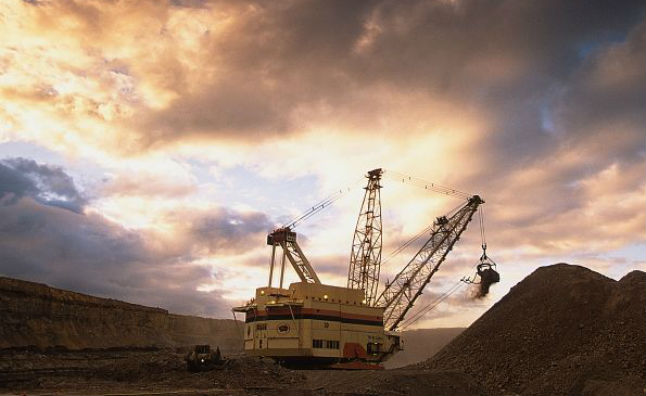The Treasury sold €1.29 billion worth of 10-year bonds at an average yield of 4.612 percent, down from 4.898 percent at the last similar auction on March 21.
It was the lowest yield on Spanish 10-year bonds since September 2010 when the rate hit 4.144 percent.
The Treasury sold €2.043 billion in five-year bonds at an average yield of 3.257 percent, down from 3.557 percent during the last comparable auction on March 21.
It also raised €1.381 billion in three-year bonds at an average yield of 2.792 percent, down from 3.019 percent on April 4.
The Treasury had expected to raise €3.5–4.5 billion via the bond auctions.
Spain's borrowing costs have fallen since the European Central Bank announced in September its readiness to buy an unlimited amount of bonds from troubled member states that accept strict conditions.
The risk premium — the extra rate demanded by investors in Spanish 10-year bonds over the rate offered by equivalent German Bunds — stood at 344 basis points, down from 345 basis points when markets closed on Wednesday.


 Please whitelist us to continue reading.
Please whitelist us to continue reading.
Member comments